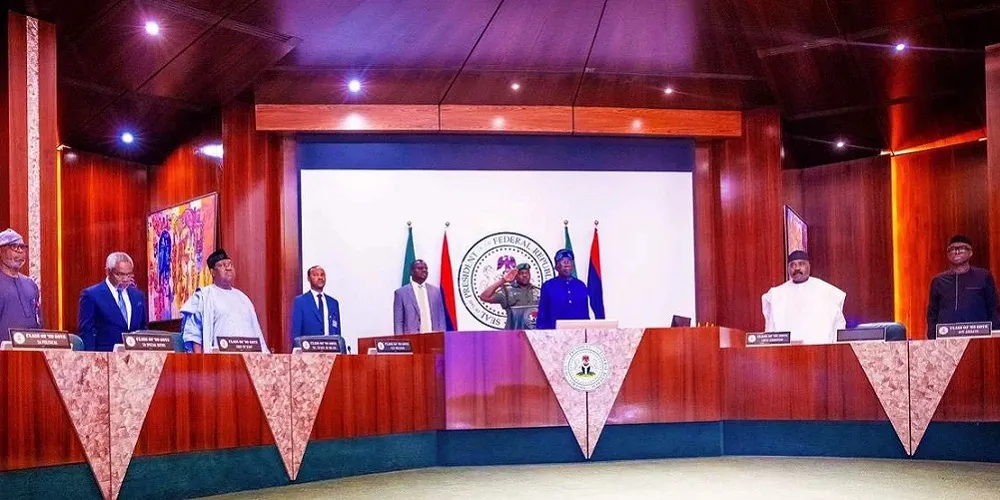….. N4.8bn for HIV treatment
By Muhammad Amaan
The Nigeria’s Federal Government has approved $1.07 billion to finance the healthcare sector reforms under the Human Capital Opportunities for Prosperity and Equity (HOPE) programme.
Minister of Finance and Coordinating Minister of the Economy Wale Edun disclosed this while briefing the State House correspondents after the Federal Executive Council (FEC) meeting on Monday in Abuja.
Mr Edun said the World Bank’s concessional financing arm, the International Development Association (IDA), has provided two $500 million concessional loans each, alongside $70 million in grant funding from other international bodies.
The Coordinating Minister of Health and Social Welfare, Professor Mohammad Ali Pate, while elaborating on the key components of the financing, said the programme aligns with the administration’s agenda to strengthen human capital development.
He stated that the funds would be directed toward improving governance in healthcare and enhancing primary healthcare services nationwide.
“This financing will support recruitment, training, and retention of healthcare workers and teachers at the subnational level.
“Additionally, $500 million is dedicated to expanding the quality, utilisation, and resilience of the primary healthcare system, including emergency maternal and child health services,” Prof. Pate said.
The FEC has also approved a N4.8 billion fund for the procurement of 150,000 HIV treatment packs, ensuring continuous care for those living with the virus.
This decision, announced after the FEC meeting on Monday, is part of the government’s efforts to strengthen domestic funding for HIV treatment.
The approval comes amid concerns over the potential impact of recent US policy shifts on the President’s Emergency Plan for AIDS Relief (PEPFAR), which has been a major source of HIV funding in Nigeria.
Speaking on the approval, the Coordinating Minister of Health and Social Welfare, Prof. Muhammad Pate, emphasised the importance of sustaining HIV treatment efforts, particularly as international aid dynamics shift.
The minister noted that while global partners have played a crucial role in providing treatment support, the federal government is now taking deliberate steps to invest in life-saving interventions for People Living with HIV (PLHIV) in Nigeria.
“This is an important signal that the federal government is committed to ensuring that life-saving treatments remain accessible, despite the changing dynamics in external support,” Prof. Pate said.




